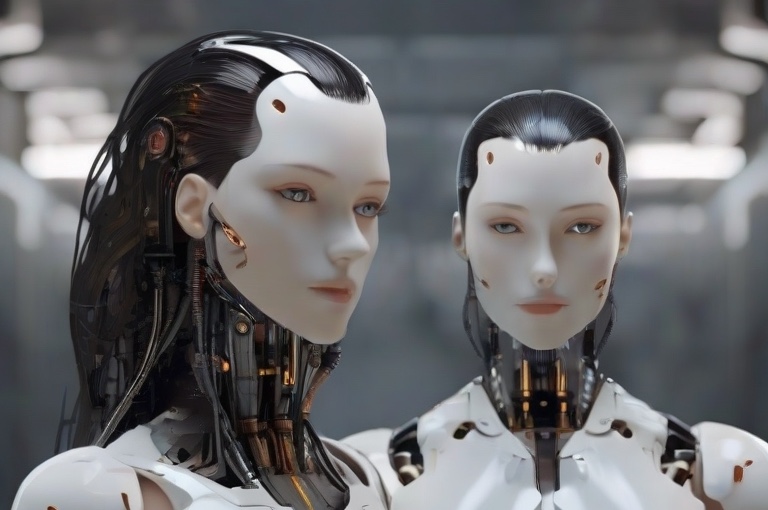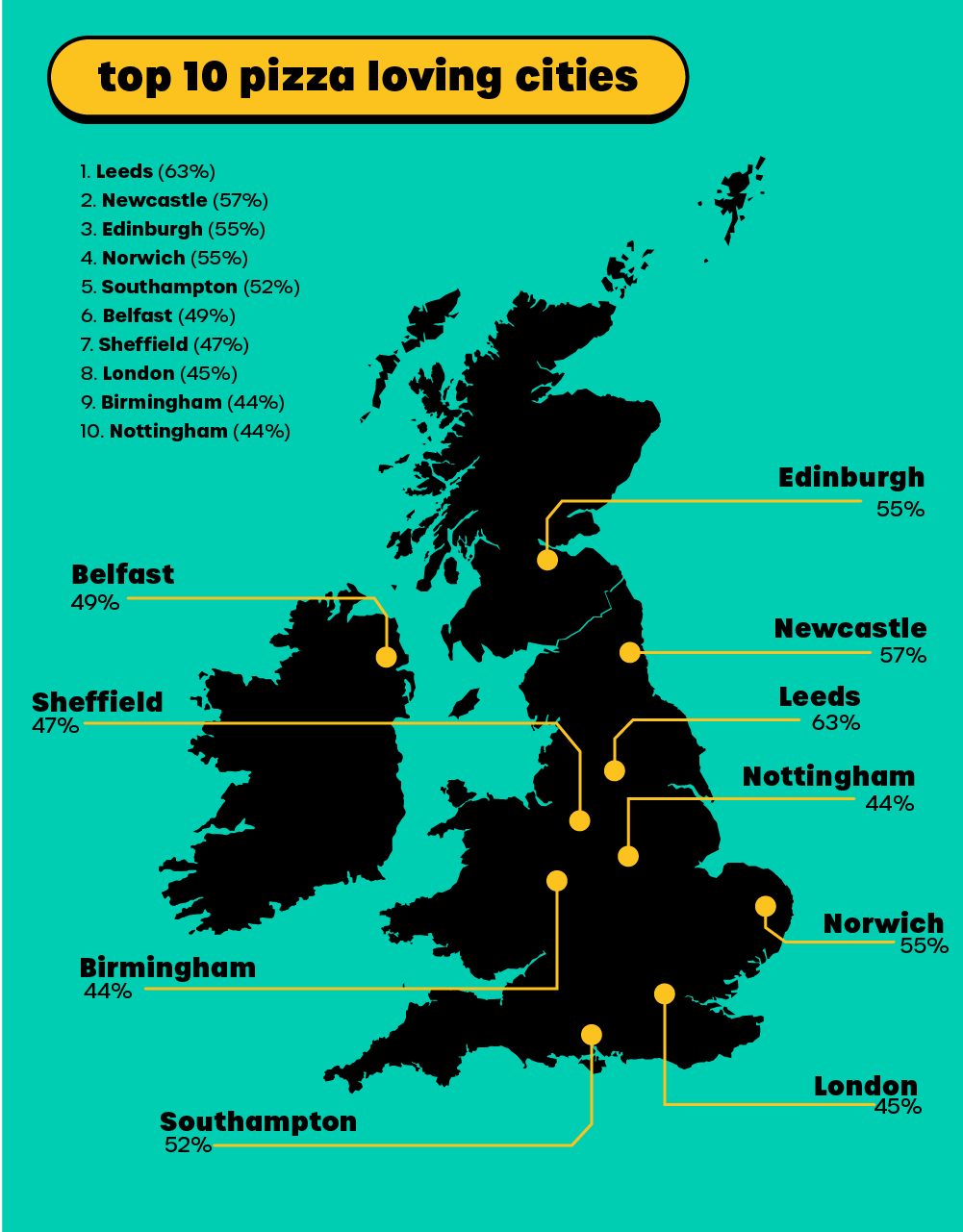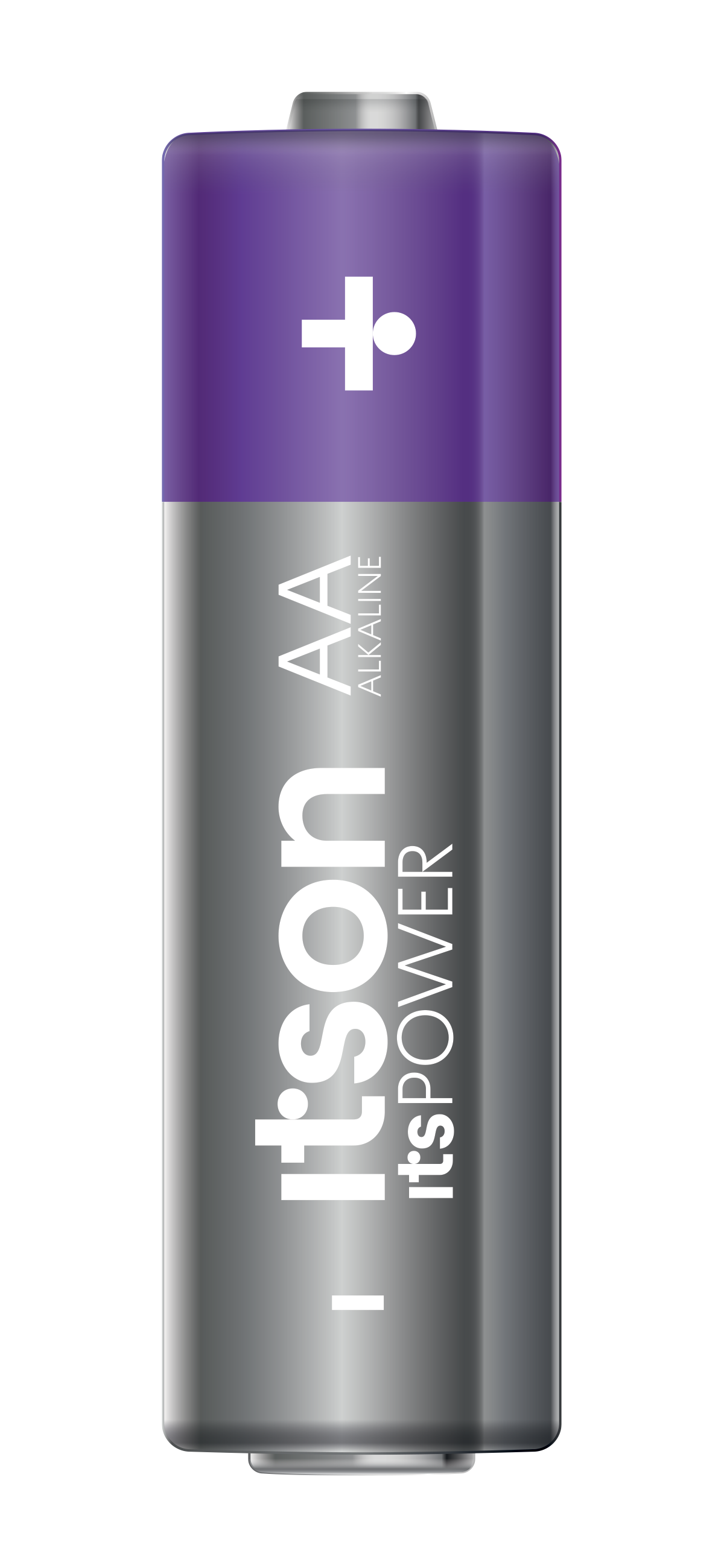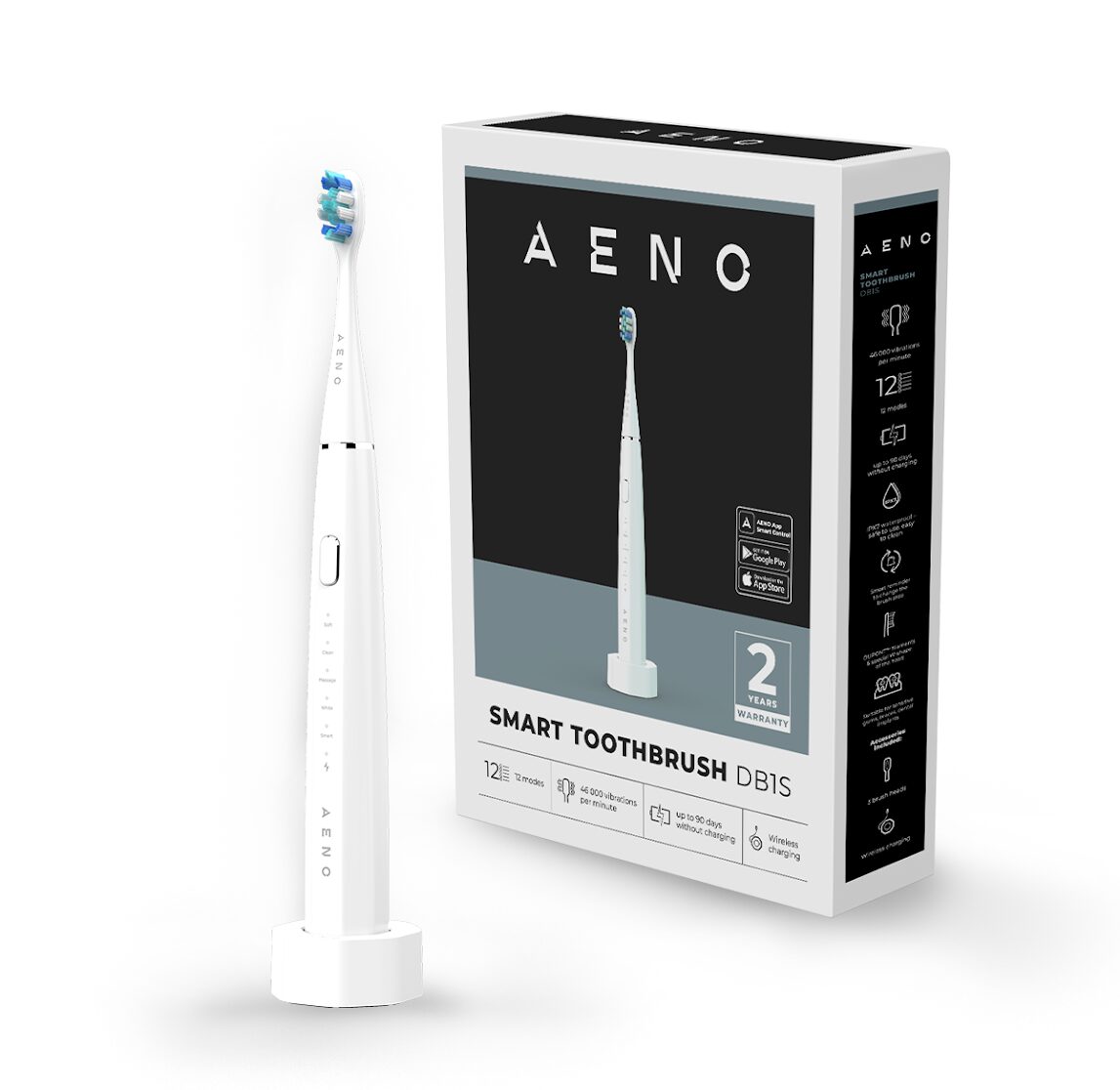Artificial intelligence (AI) is rapidly transforming the healthcare industry. From diagnosing diseases to developing new treatments, AI is being used to improve patient care in a variety of ways.
One of the most promising applications of AI in healthcare is diagnosis. AI-powered systems can analyze substantial amounts of medical data to identify patterns that would be invisible to the human eye. This can help doctors to diagnose diseases more accurately and quickly. For example, AI has been used to develop systems that can detect skin cancer with higher accuracy than human dermatologists.
In addition to diagnosis, AI is also being used to improve patient care in several other ways. For example, AI-powered systems can be used to:
- Personalized treatment plans: AI can be used to analyze a patient’s individual medical history, genetic makeup, and other factors to create a personalized treatment plan that is most likely to be effective.
- Monitor patient health: AI-powered systems can be used to collect data on a patient’s health, such as their vital signs, sleep patterns, and activity levels. This data can be used to monitor a patient’s health and identify any potential problems early on.
- Provide education and support: AI-powered systems can be used to provide patients with education about their condition and how to manage it. They can also be used to provide support to patients and their families, such as by connecting them with other patients or providing them with resources and information.
How AI is developing new treatments
Designing new drugs and therapies
AI can be used to analyze copious amounts of data to identify new drug targets and develop new therapies. For example, AI has been used to develop a new drug for cancer that is more effective than traditional chemotherapy.
Testing new treatments in clinical trials
AI can be used to simulate clinical trials, which can help to speed up the development of new treatments. For example, AI has been used to simulate clinical trials for a new drug for Alzheimer’s disease, which helped to speed up the development of the drug and get it to patients sooner.
Personalizing treatments
AI can be used to personalize treatments for each patient, based on their individual medical history, genetic makeup, and other factors. For example, AI has been used to personalize treatments for cancer patients, which has helped to improve their outcomes.
How AI is making healthcare delivery more efficient
AI is also being used to make healthcare delivery more efficient. For example, AI-powered systems can be used to:
- Automate tasks: AI can be used to automate tasks such as scheduling appointments, managing patient records, and processing insurance claims. This can free doctors and nurses to spend more time with patients, providing them with the care they need.
- Improve communication: AI-powered systems can be used to improve communication between healthcare providers and patients. For example, AI can be used to develop chatbots that can answer patient questions and provide them with information about their condition.
- Make healthcare more accessible: AI can be used to make healthcare more accessible to people in rural or underserved areas. For example, AI-powered telemedicine systems can connect patients with doctors remotely, making it easier for them to get the care they need.
The future of AI in healthcare is bright
The future of AI in healthcare is bright. As AI continues to develop, it is likely to have an even greater impact on the way we deliver healthcare. AI has the potential to improve patient care, develop new treatments, and make healthcare delivery more efficient. As a result, AI is poised to revolutionize the healthcare industry.
Here are some specific examples of how AI could be used in healthcare in the future:
- AI could be used to develop new surgical robots that are more precise and less invasive than current robots. For example, AI could be used to develop robots that can perform surgery with a higher degree of precision and accuracy than human surgeons. This could lead to shorter recovery times and fewer complications for patients.
- AI could be used to develop new drugs and therapies that are more effective and have fewer side effects. For example, AI could be used to develop drugs that are more targeted to specific diseases, which could lead to improved outcomes for patients. AI could also be used to develop new therapies that are less invasive and have fewer side effects than traditional treatments.
- AI could be used to develop new ways to prevent diseases, such as by developing vaccines that are more effective and have fewer side effects. For example, AI could be used to develop vaccines that are more tailored to specific populations, which could lead to improved protection against disease. AI could also be used to develop new ways to prevent diseases, such as by developing new diagnostic tools that can identify diseases at an earlier stage.
- AI could be used to improve access to healthcare, such as by developing telemedicine systems that can connect patients with doctors remotely. For example, AI could be used to develop telemedicine systems that can provide patients with 24/7 access to healthcare advice and support. This could make it easier for people in rural or underserved areas to get the care they need.
Overall, AI has the potential to make a major impact on the healthcare industry. It can improve patient care, develop new treatments, and make healthcare delivery more efficient. As AI continues to develop, it is likely to have an even greater impact on the future of healthcare.





















